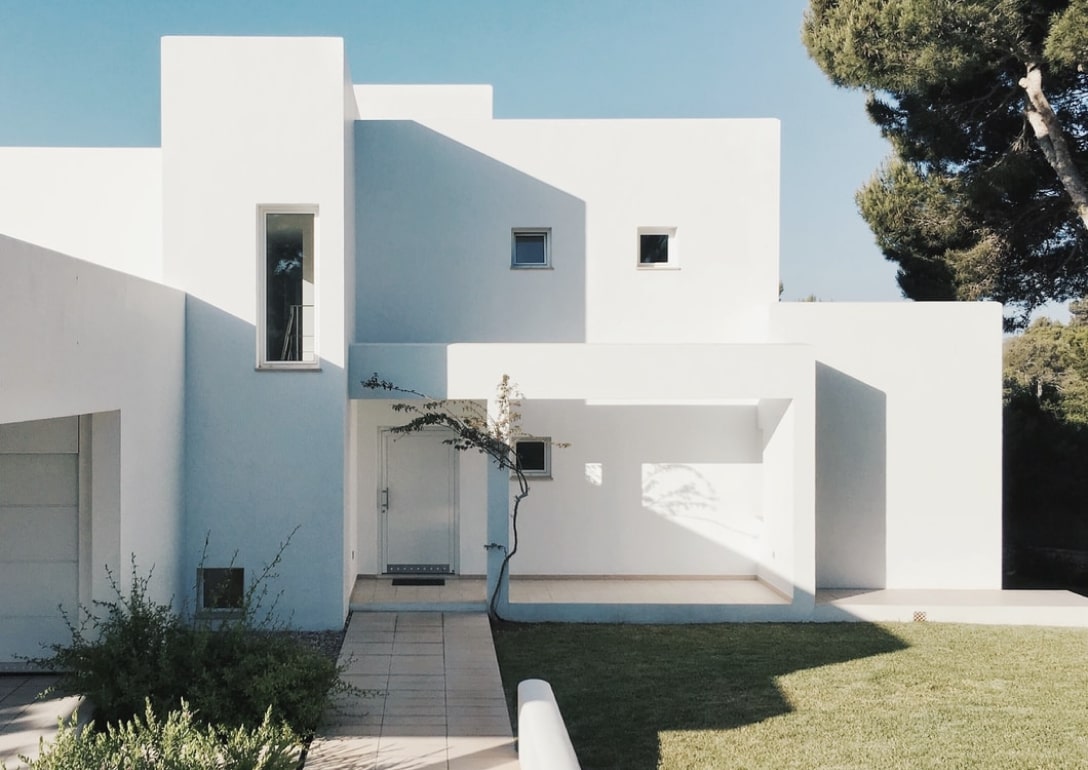The extra costs paid at closing may include attorney fees, prepaid interest, insurance fees, documentation fees, and more.
Closing costs may vary by borrower based on your mortgage loan type, property location, and other factors.
You can find your closing costs broken down in your Closing Disclosure, provided by your loan officer at least three business days before your expected closing date.
Closing costs may range from 2 to 5 percent of your purchase price. The buyer and the seller are both responsible for paying different costs at closing.
Closing costs paid by the buyer:
Half of title and escrow fees — such as title insurance, transfer taxes, notary fees, and more.
Lender fees — to cover the act of obtaining a mortgage, including the appraisal.
Homeowner’s insurance — normally, the first year of hazard or homeowner’s insurance is paid upfront on closing day.
Additional costs paid by the buyer may include the owner’s title insurance, inspection fees, earnest money, RE Brokerage admin fees (if applicable), and credit report fees.
Closing costs paid by the seller:
Half of title and escrow fees — such as title insurance, transfer taxes, notary fees, and more.
Commissions — estimated at around 5 to 6 percent for the average real estate commission.
Loan payoff — to cover any outstanding mortgage balances.
Additional costs paid by the seller may include optional home warranty, prorated property taxes, RE Brokerage admin fees, pest or septic inspection, and prorated HOA fees, if required.
Buyers, you can also ask a seller for closing cost assistance as part of your offer on a house. It also helps to do your homework before closing day so that you don’t sit down at the table unprepared. Review your Closing Disclosure, which you should receive three days before closing. Check over the charges, compare it to your Loan Estimate, and clear up any inconsistencies with your lender.

